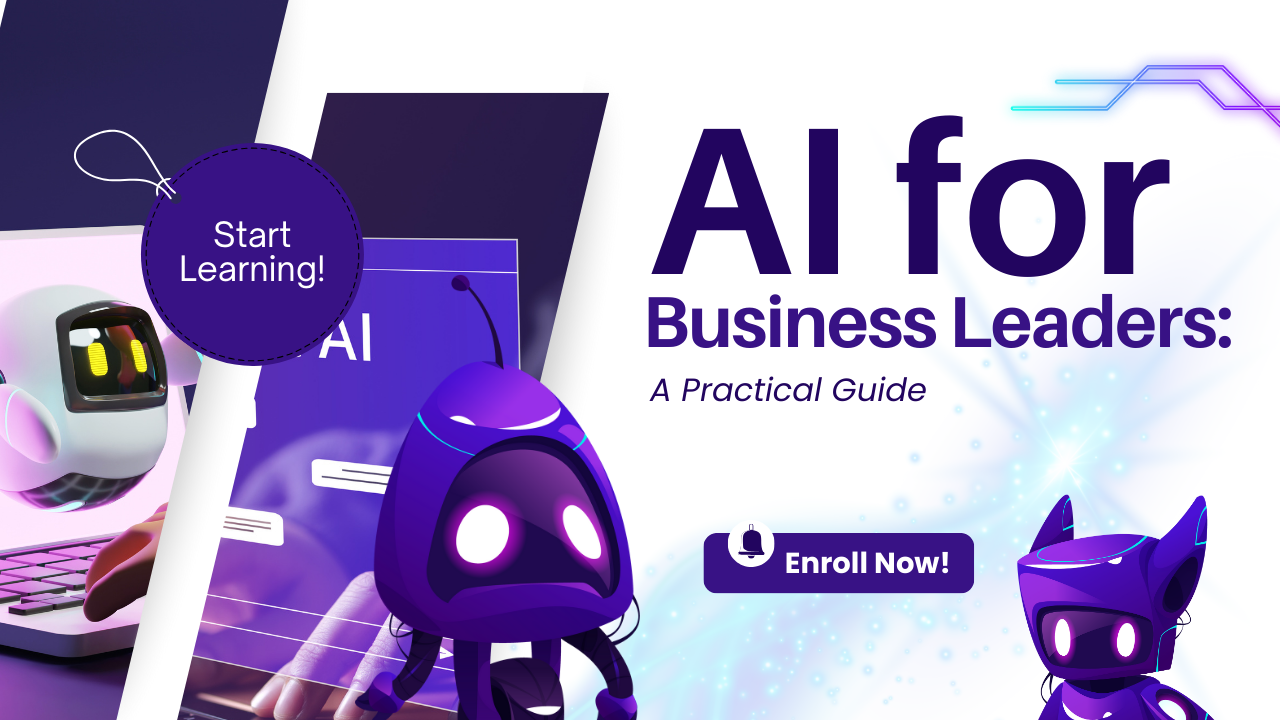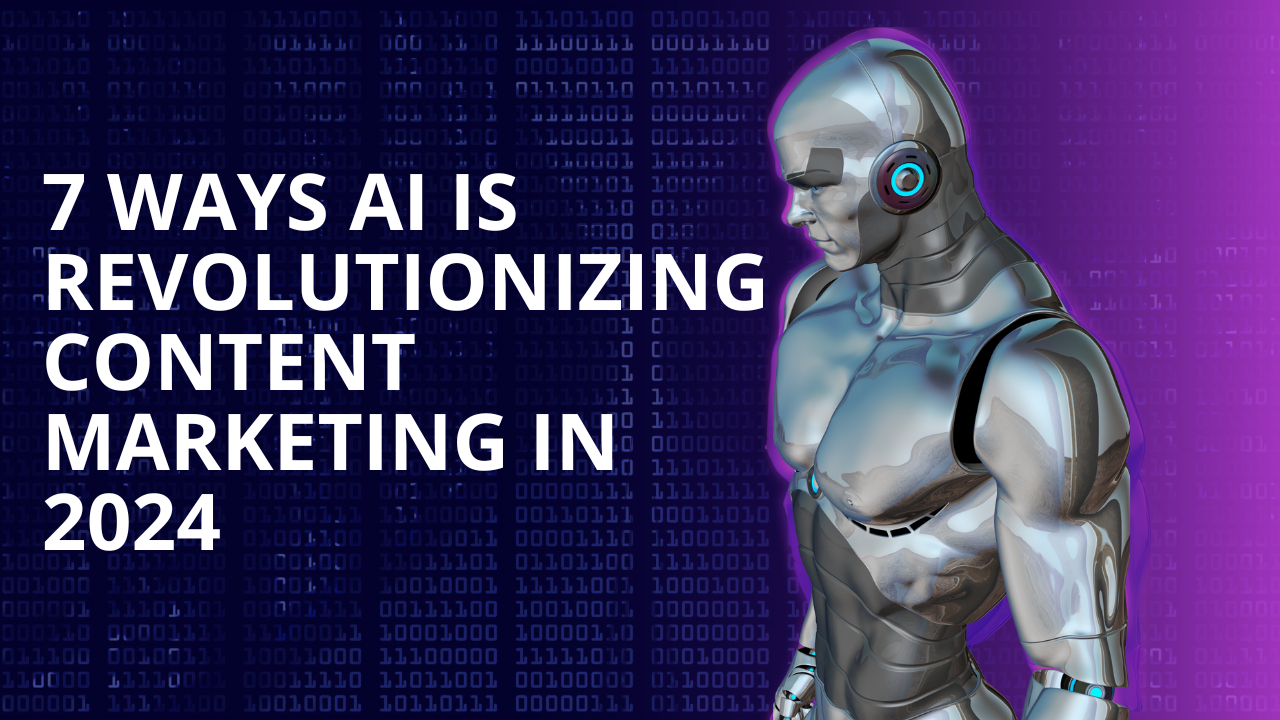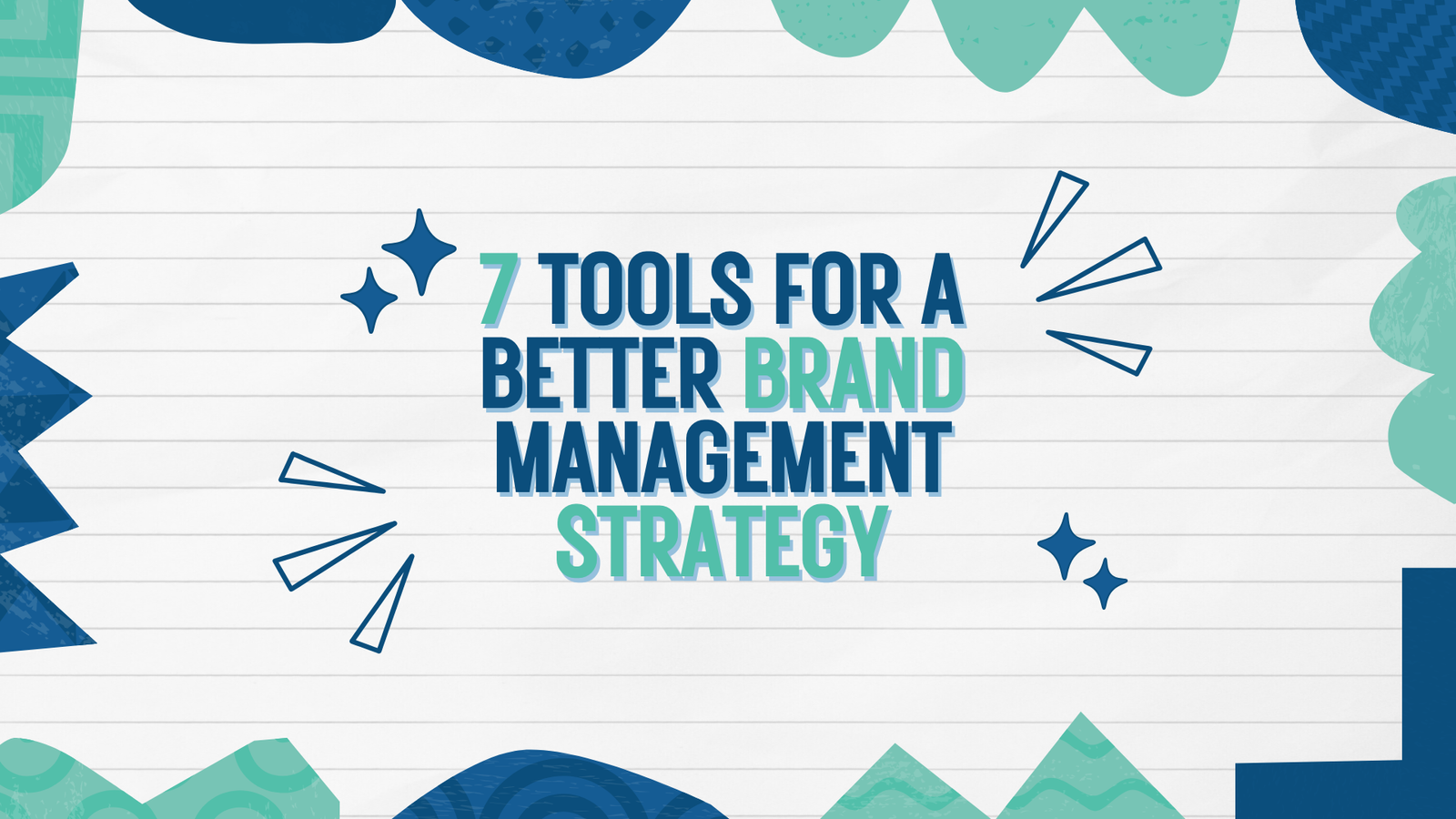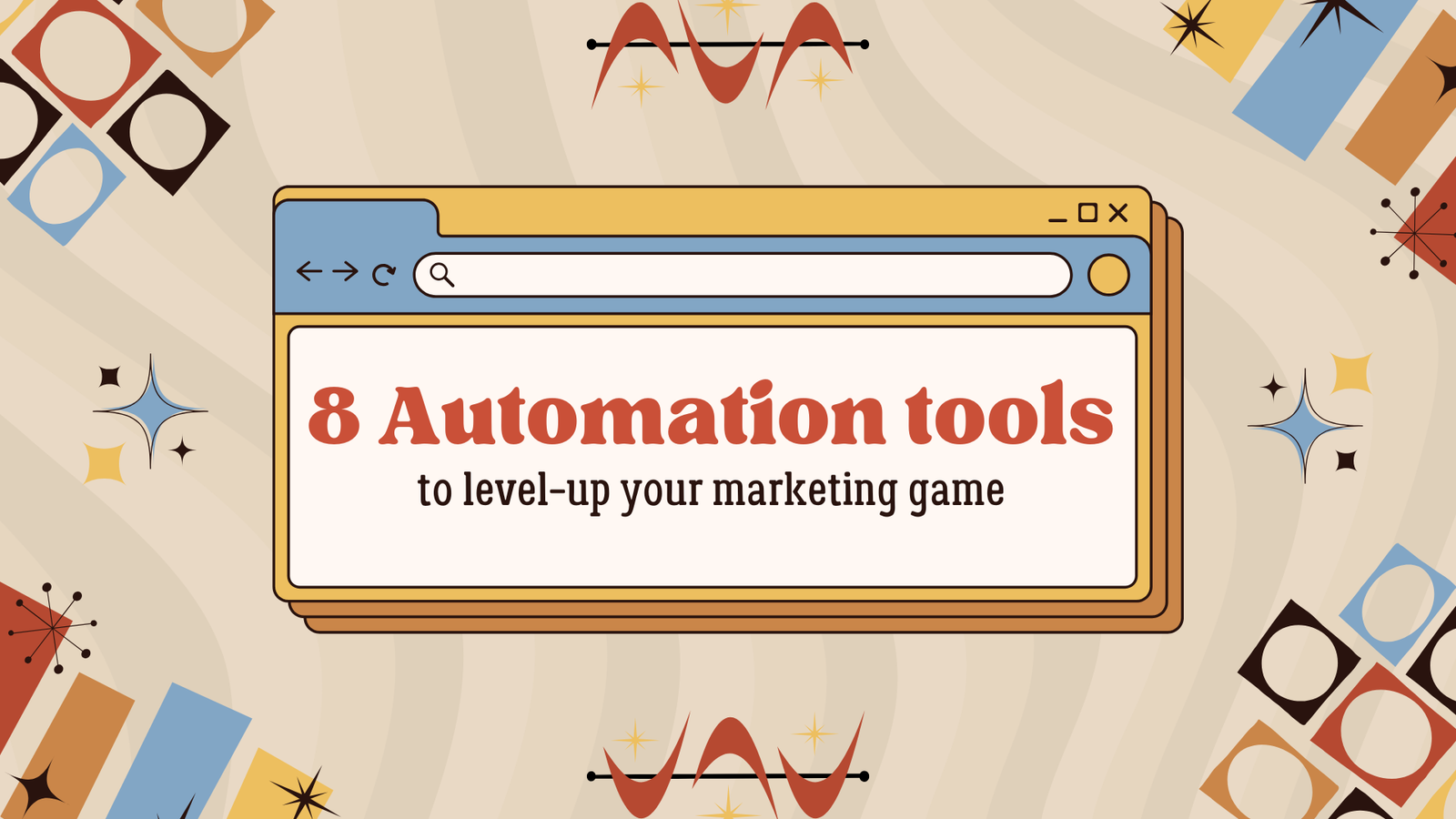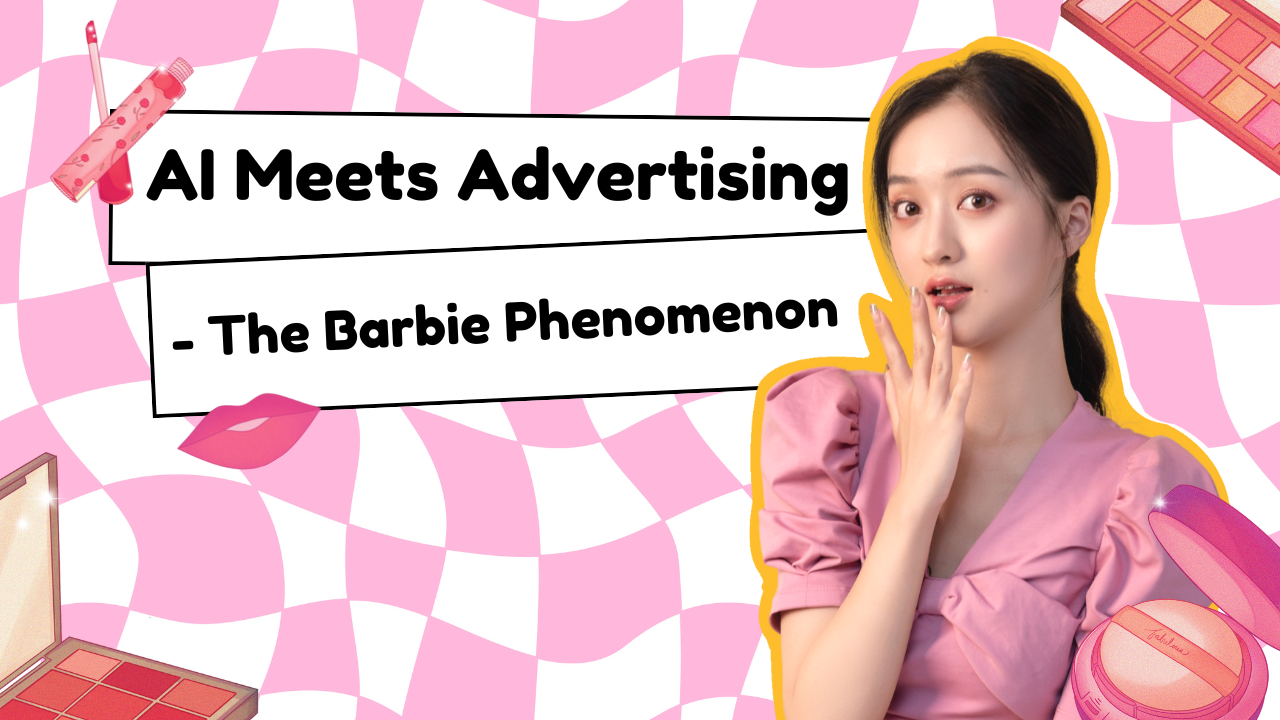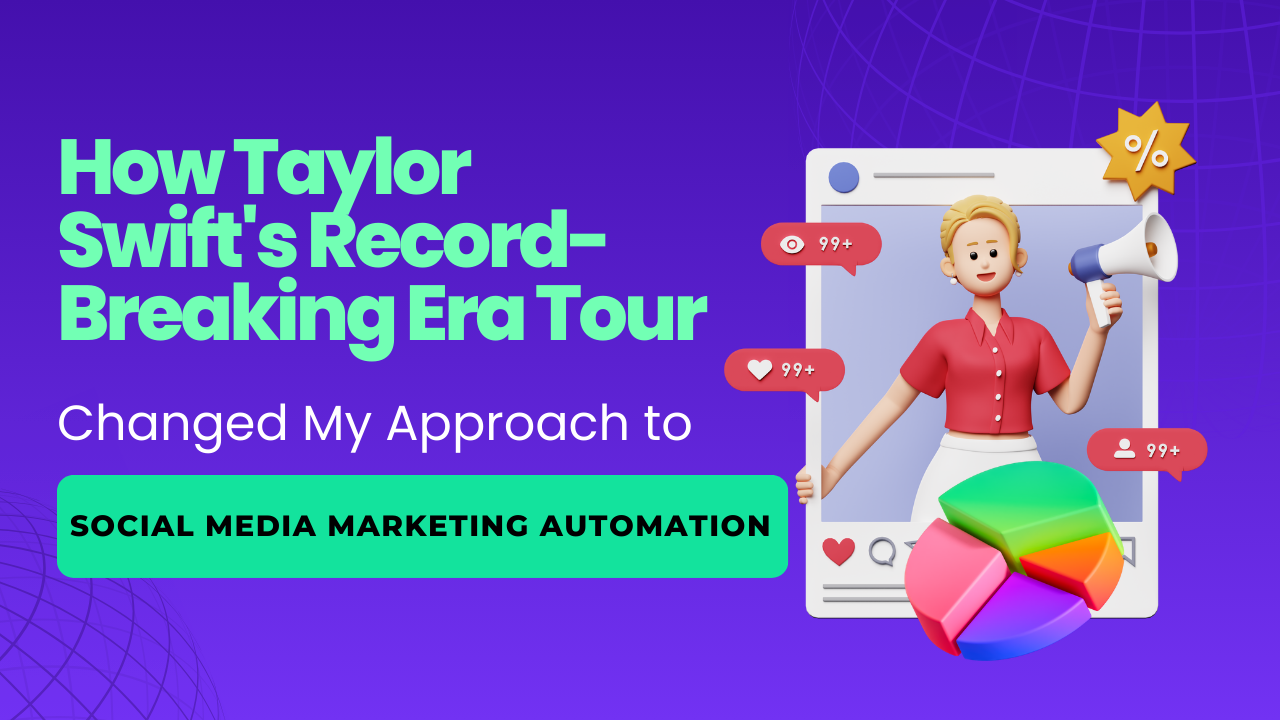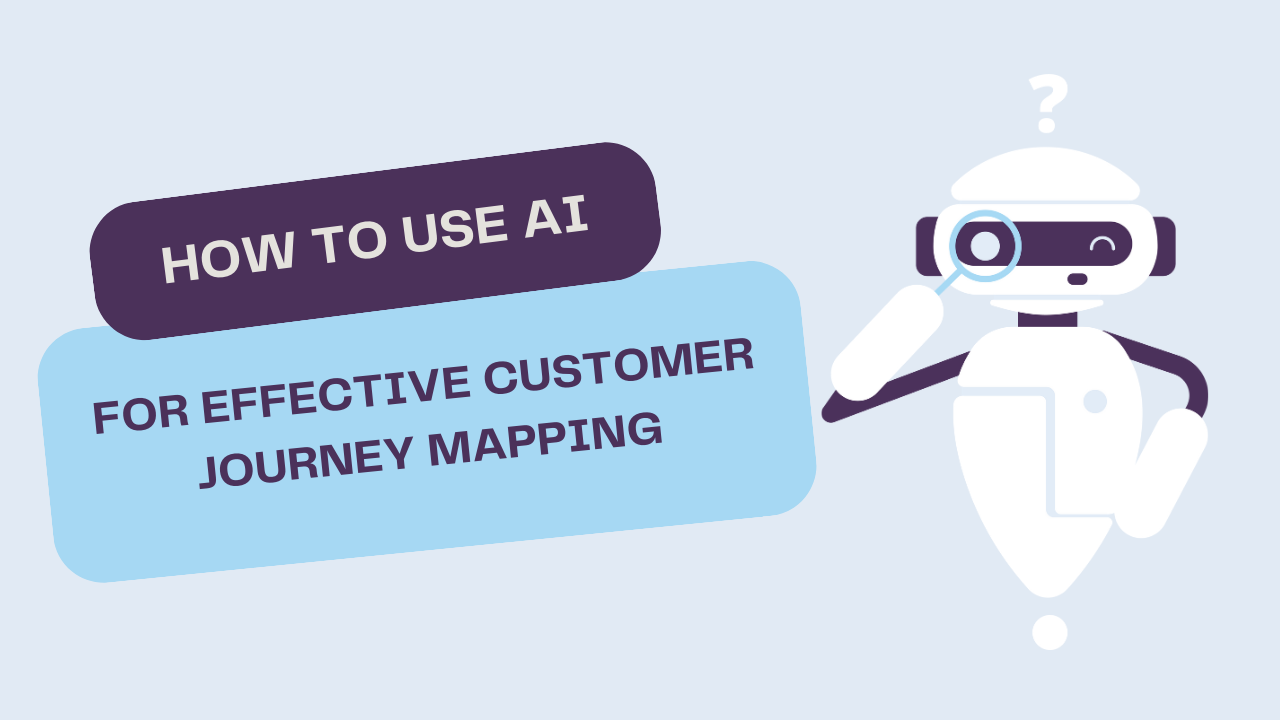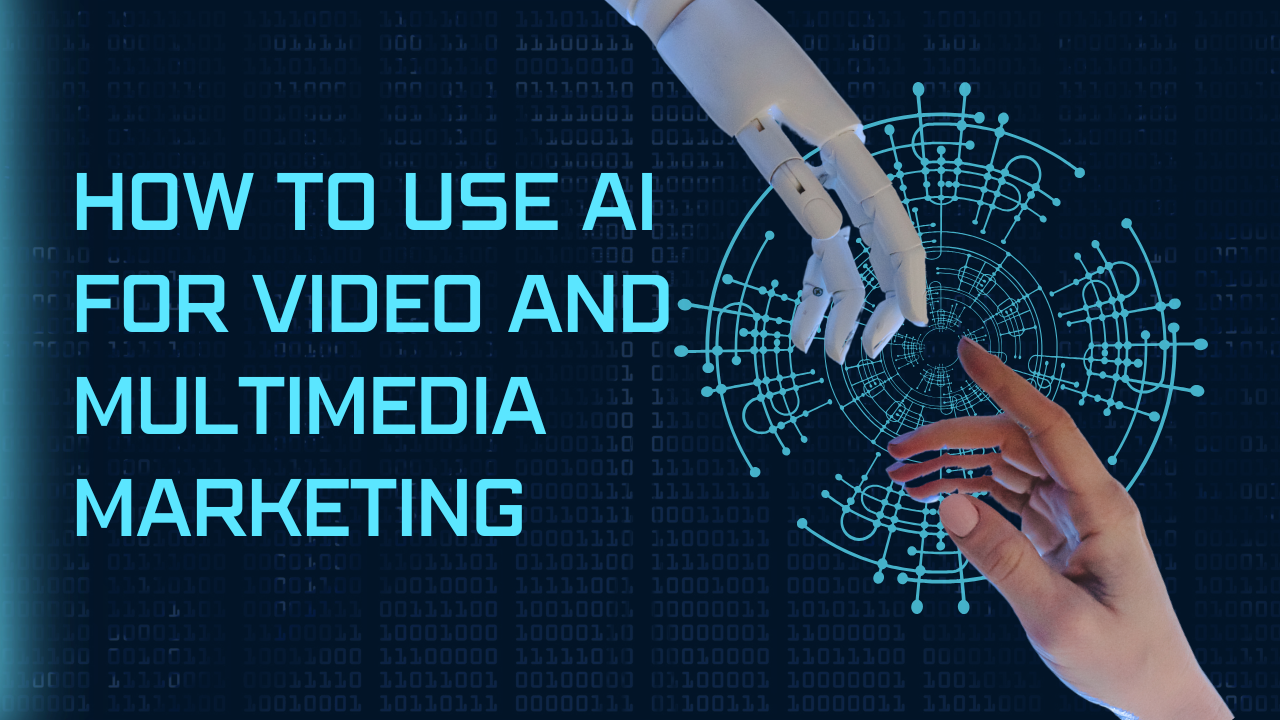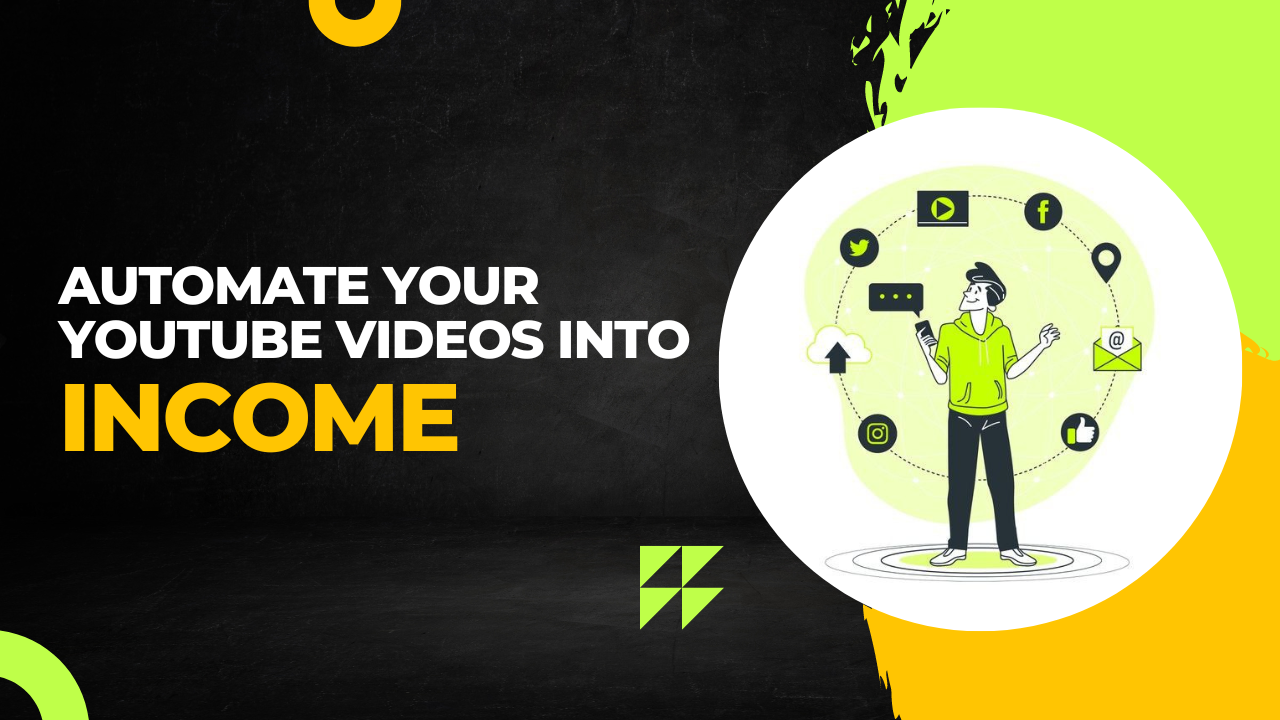In the ever-evolving landscape of digital marketing, artificial intelligence (AI) has emerged as a game-changing force, particularly in content marketing. As we navigate through 2024, the impact of AI on how businesses create, distribute, and optimize content has become more profound than ever. This blog post explores seven key ways in which AI is transforming the content marketing landscape, offering insights into the tools, strategies, and real-world applications that are shaping the future of marketing.
- AI-Powered Content Creation

One of the most significant ways AI is revolutionizing content marketing is through automated content creation. Natural Language Generation (NLG) tools have advanced to a point where they can produce human-like text for various content formats.
Machine learning algorithms can now analyze vast amounts of data to generate:
- Blog posts and articles
- Social media updates
- Product descriptions
- Email newsletters
- Reports and whitepapers
Tools like GPT-4 and its successors have dramatically improved the quality and coherence of AI-generated content. These systems can understand context, maintain consistency in tone and style, and even inject creativity into their outputs.
Additional tools that are making waves in AI-powered content creation include:
- Jasper.ai: An AI writing assistant that can generate various types of marketing content.
- Copy.ai: Specializes in creating short-form content like ad copy and social media posts.
- Writesonic: Offers a wide range of content generation tools, including blog post outlines and product descriptions.
- Frase: Combines AI writing capabilities with SEO optimization features.
- Rytr: A versatile AI writing tool that can generate content in multiple languages and tones.
For instance, e-commerce giants are using AI to automatically generate thousands of unique product descriptions, saving countless hours of manual writing. News organizations are employing AI to create data-driven stories, such as financial reports and sports recaps, at scale.
However, it’s important to note that AI-generated content still requires human oversight. Content marketers are now taking on more of an editorial role, refining and personalizing AI-created drafts to ensure they align with brand voice and meet specific marketing objectives.
- Personalized Content Experiences
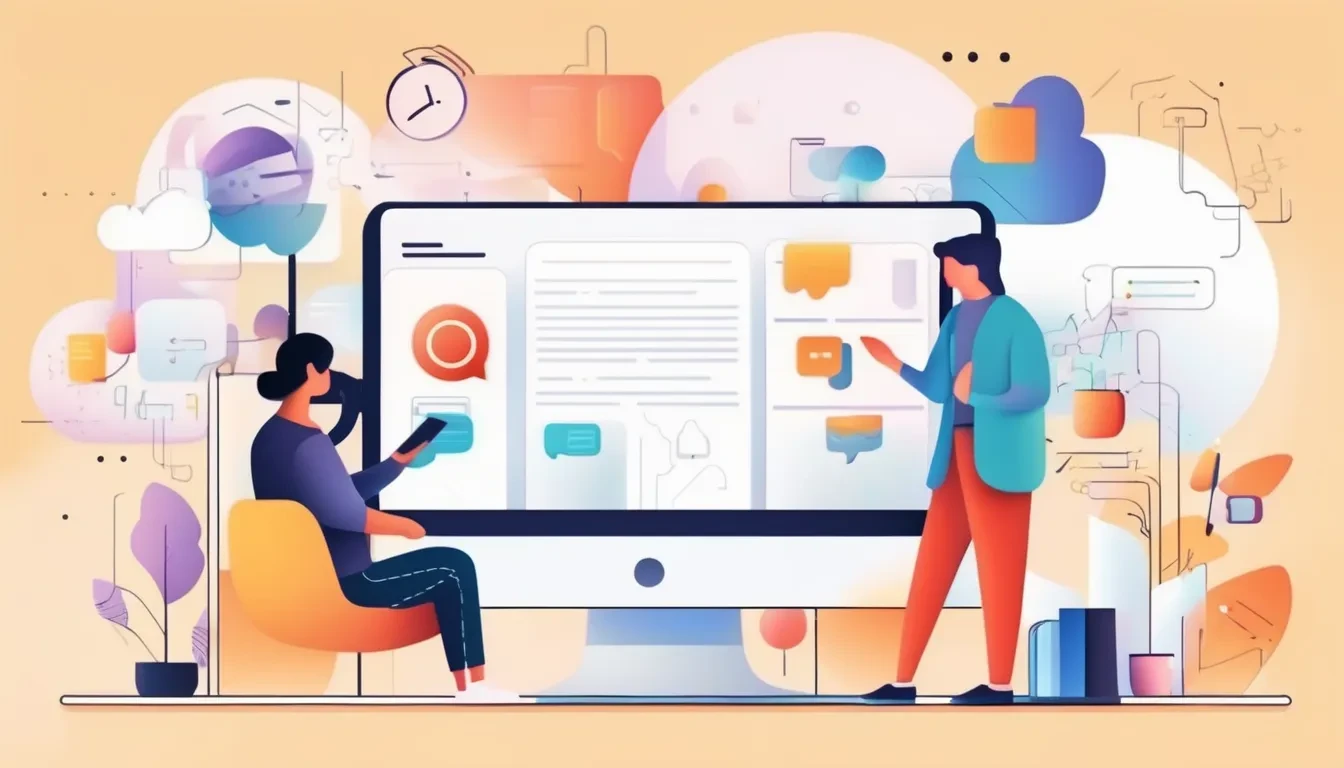
Personalization has been a buzzword in marketing for years, but AI is taking it to unprecedented levels. AI-driven recommendation engines are now capable of delivering hyper-personalized content experiences to individual users.
These systems analyze user behavior, preferences, and contextual data to:
- Recommend relevant articles, products, or services
- Dynamically adjust website content based on user interests
- Deliver personalized email content
- Customize ad placements and offers
Companies like Netflix and Spotify have set the gold standard for AI-driven personalization. Their recommendation algorithms keep users engaged by continuously learning from user interactions and suggesting content that aligns with individual tastes.
In the B2B space, companies are using AI to personalize entire customer journeys. For example, a visitor to a software company’s website might see different case studies, whitepapers, and product information based on their industry, company size, and previous interactions with the brand.
This level of personalization not only improves user experience but also significantly boosts engagement rates, conversion rates, and customer loyalty.
- Predictive Analytics for Content Strategy

AI’s ability to process and analyze vast amounts of data is revolutionizing how content marketers develop their strategies. Predictive analytics powered by AI can forecast content performance, identify trending topics, and optimize content distribution.
Key applications include:
- Trend forecasting: AI algorithms can analyze search trends, social media conversations, and industry news to predict upcoming topics of interest.
- Content performance prediction: By analyzing historical data, AI can predict how well a piece of content is likely to perform before it’s even published.
- Audience segmentation: AI can identify micro-segments within an audience and predict which types of content will resonate best with each group.
- Optimal publishing times: AI can determine the best times to publish content for maximum engagement across different platforms.
Tools like BrightEdge and Crayon use AI to provide marketers with actionable insights for their content strategies. These platforms can help identify content gaps, suggest topic ideas, and even predict the potential ROI of different content initiatives.
By leveraging predictive analytics, content marketers can make more informed decisions, allocate resources more effectively, and stay ahead of industry trends.
- Enhanced SEO and Content Optimization
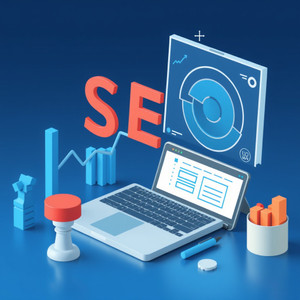
Search engine optimization (SEO) has always been a crucial aspect of content marketing, and AI is making it more sophisticated and effective than ever. AI-powered tools are transforming how marketers approach keyword research, content optimization, and technical SEO.
Key advancements include:
- Natural Language Processing (NLP) for semantic search optimization
- Automated content auditing and improvement suggestions
- AI-driven internal linking strategies
- Voice search optimization
Tools like Clearscope and MarketMuse use AI to analyze top-ranking content for any given keyword and provide detailed recommendations for content creation. These tools consider factors like semantic relevance, content depth, and readability to help marketers create content that’s more likely to rank well in search results.
Moreover, AI is helping marketers keep pace with search engine algorithm updates. As search engines like Google increasingly use AI to understand user intent and deliver relevant results, content marketers are using AI tools to ensure their content aligns with these evolving algorithms.
- Chatbots and Conversational Marketing

Chatbots and conversational AI are revolutionizing how brands interact with their audience and deliver content. These AI-powered tools can engage users in real-time, answer questions, and provide personalized content recommendations.
Applications of chatbots in content marketing include:
- 24/7 customer support and information delivery
- Guided content discovery
- Lead qualification and nurturing
- Personalized product recommendations
- Interactive content experiences
For example, Sephora’s chatbot helps customers find makeup tutorials and product recommendations based on their preferences. News organizations are using chatbots to deliver personalized news updates and engage readers in conversational experiences.
The advent of more advanced language models has made these interactions increasingly natural and valuable. Chatbots can now understand context, remember previous interactions, and even inject personality into their responses, creating more engaging and human-like conversations.
- Visual Content Creation and Optimization

AI is not limited to text-based content; it’s also making significant strides in visual content creation and optimization. From generating images to editing videos, AI tools are expanding the possibilities for visual content marketing.
Key applications include:
- AI-generated images for blog posts, social media, and ads
- Automated video editing and production
- Image and video optimization for different platforms
- Visual content personalization
Tools like DALL-E and Midjourney can generate unique images based on text descriptions, opening up new possibilities for creating custom visuals at scale. In video marketing, AI-powered tools can automatically edit raw footage, add captions, and even create short-form content from longer videos.
Additional tools revolutionizing visual content creation and optimization include:
- Canva: Incorporates AI features for design suggestions and image editing.
- Runway: Offers AI-powered video editing and special effects capabilities.
- Synthesia: Creates AI-generated video content with virtual presenters.
- Remove.bg: Uses AI to automatically remove backgrounds from images.
- Lumen5: Transforms text-based content into video presentations using AI.
Moreover, AI is helping marketers optimize their visual content for different platforms and devices. For instance, Adobe’s Sensei AI can automatically crop and resize images for various social media platforms while maintaining the focus on key elements.
- Content Distribution and Promotion
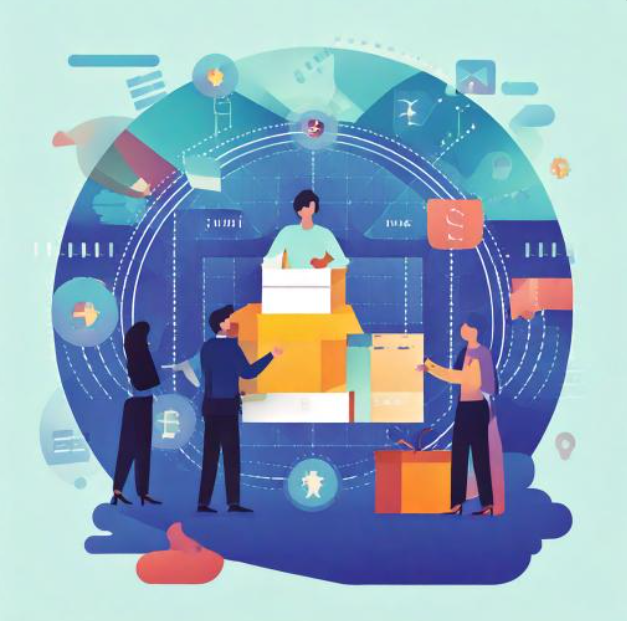
Finally, AI is revolutionizing how content is distributed and promoted across various channels. AI-powered tools can optimize content distribution strategies, automate social media management, and even predict the best channels for reaching specific audience segments.
Key advancements include:
- Automated social media posting with optimal timing
- AI-driven email marketing campaigns
- Content repurposing and cross-platform distribution
- Influencer identification and outreach
- Programmatic advertising with dynamic content
Platforms like Hootsuite and Buffer now incorporate AI to suggest the best times to post content on social media for maximum engagement. AI can analyze past performance data, audience behavior, and even competitors’ activities to refine distribution strategies continuously.
Additional tools enhancing content distribution and promotion include:
- Sprout Social: Uses AI for social listening and content performance prediction.
- Mailchimp: Incorporates AI for email campaign optimization and audience segmentation.
- BuzzSumo: Leverages AI for content discovery and influencer identification.
- Outbrain: Uses AI for content recommendation and native advertising optimization.
- Lately: Automatically repurposes long-form content into social media posts using AI.
In email marketing, AI is being used to optimize send times, subject lines, and content for individual recipients. Tools like Phrasee use AI to generate and test email subject lines that are more likely to resonate with specific audience segments.
Conclusion: Embracing the AI-Driven Future of Content Marketing
As we’ve explored, AI is reshaping every aspect of content marketing, from creation and optimization to distribution and analysis. The technologies and applications discussed here are just the beginning of what promises to be a transformative era in marketing.
To stay competitive in this AI-driven landscape, content marketers must:
- Embrace AI tools and platforms to enhance productivity and creativity
- Focus on developing strategies that leverage AI’s strengths while maintaining a human touch
- Continuously educate themselves on emerging AI technologies and their applications in marketing
- Be prepared to adapt roles and workflows as AI takes over more routine tasks
- Prioritize data quality and ethical AI use to ensure responsible and effective implementation
The future of content marketing lies in the synergy between human creativity and AI capabilities. By embracing these technologies, marketers can create more personalized, engaging, and effective content experiences that drive real business results.
As we look ahead, it’s clear that AI will continue to evolve and surprise us with new possibilities. The most successful content marketers will be those who can harness the power of AI while maintaining the human creativity, empathy, and strategic thinking that are at the heart of great marketing.
Are you ready to embrace the AI revolution in content marketing? The future is here, and it’s powered by artificial intelligence.

